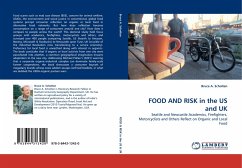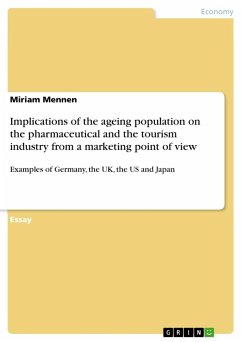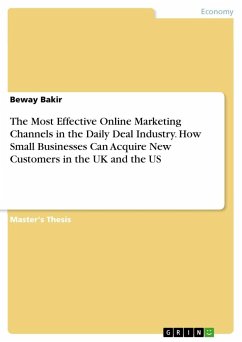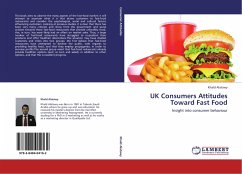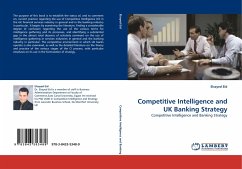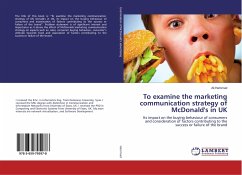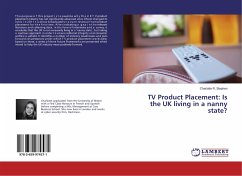Food scares such as mad cow disease (BSE), concern for animal welfare, GMOs, the environment and social justice in conventional, global food systems prompt consumer reflection on organic or local food in alternative food networks. But how does reflection become consumption on a range of consumers around one city? How does it compare to people across the world? This doctoral study held focus groups with academics, firefighters, motorcyclists and others, and surveyed over 400 people comparing Seattle, US (hearth to Amazon, Boeing, Microsoft & Starbucks) to Newcastle upon Tyne, UK (crucible of the Industrial Revolution now transitioning to a service economy). Preference for local food is unearthed along with interest in organics. The book concludes that if organic or local activists from one city were parachuted into another, a common geographical imagination ensures adaptation to the new city. Addressing Michael Pollan's (2001) warning that a corporate organic-industrial complex can dominate family-scale farmer cooperatives, the book showcases a consumer boycott of megadairy brands whose cows seldom escape confined feedlots, in what are dubbed the USDA organic pasture wars.
Bitte wählen Sie Ihr Anliegen aus.
Rechnungen
Retourenschein anfordern
Bestellstatus
Storno

